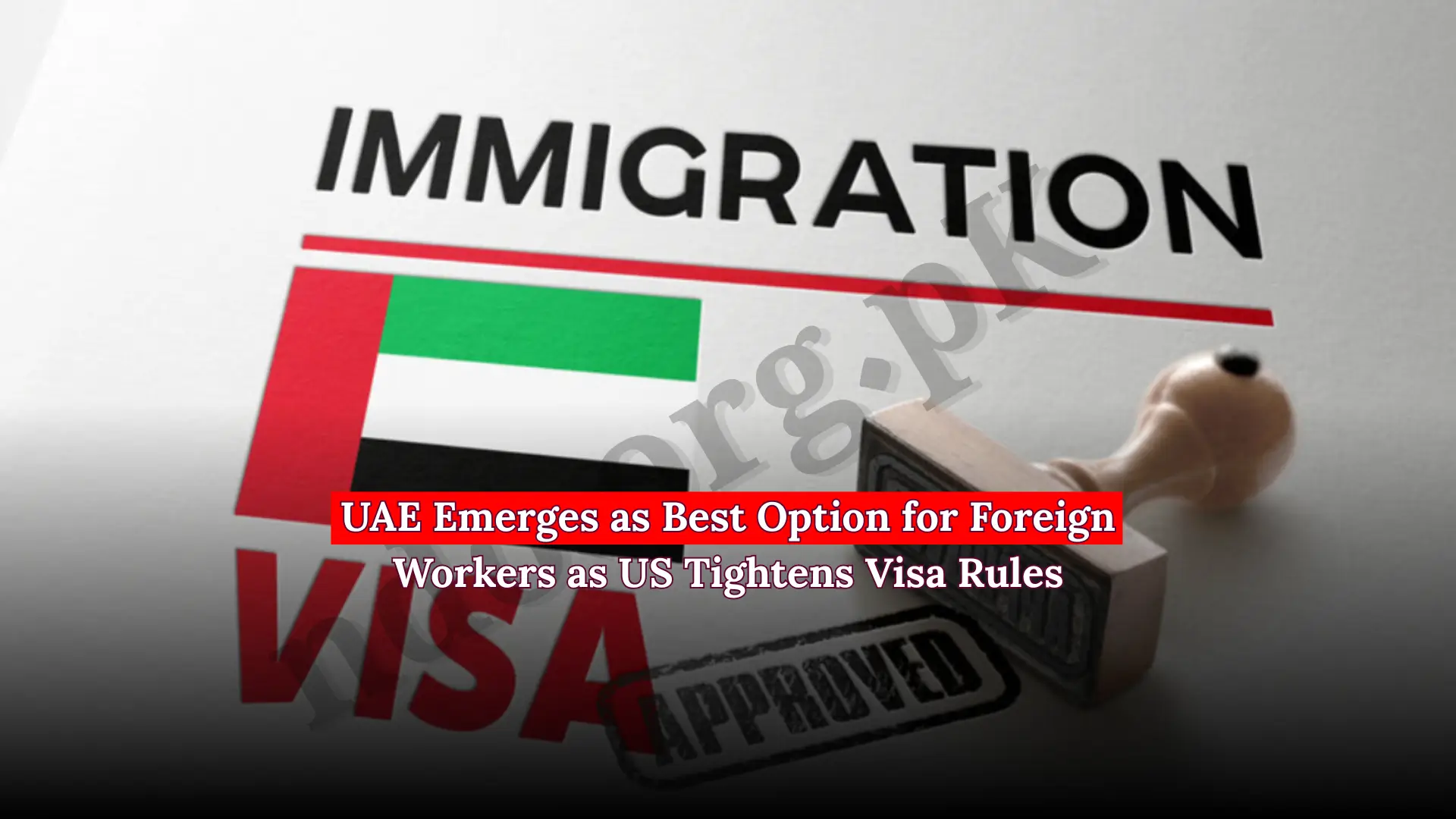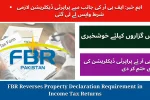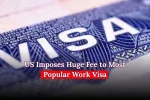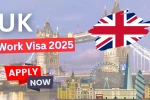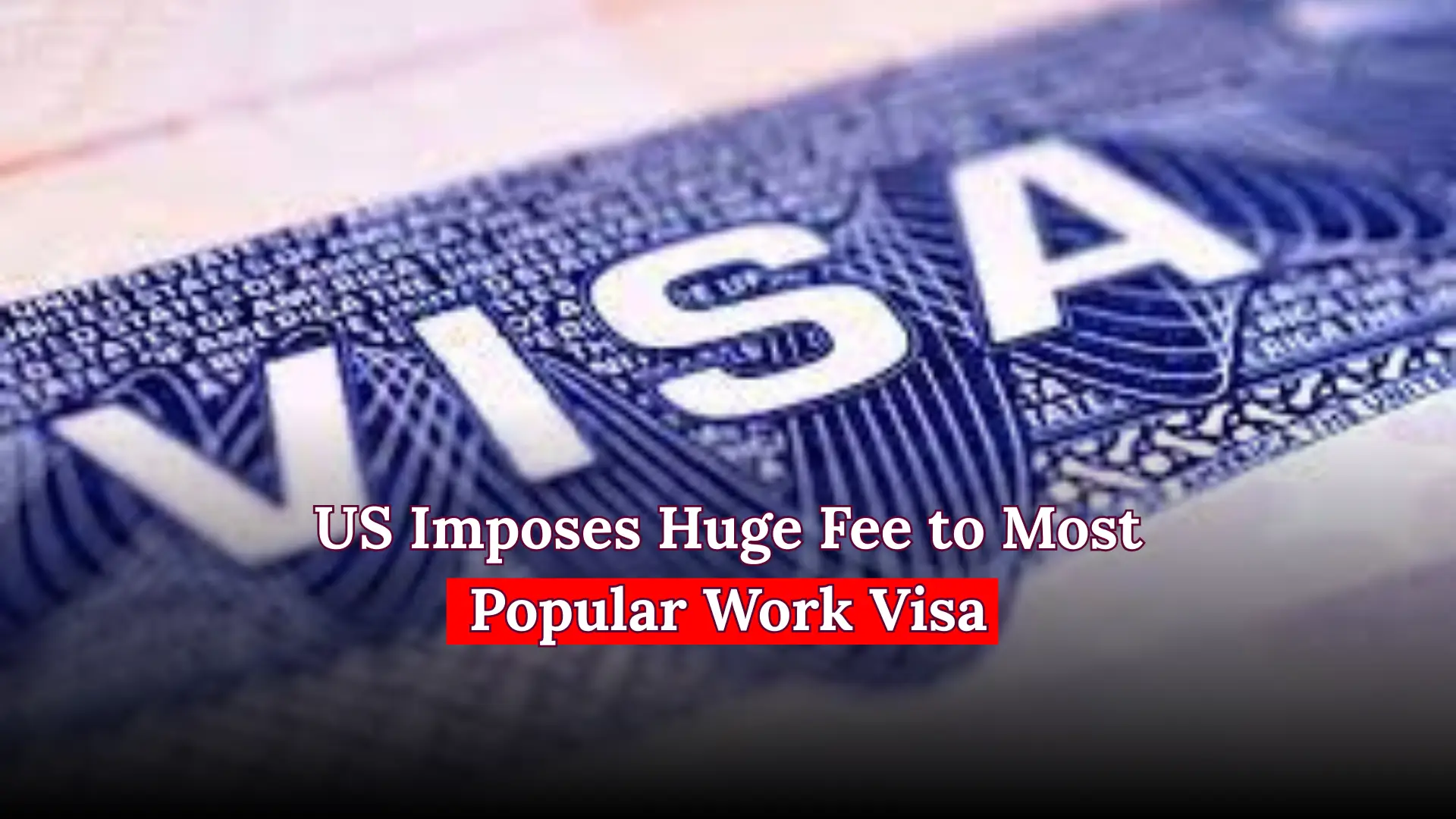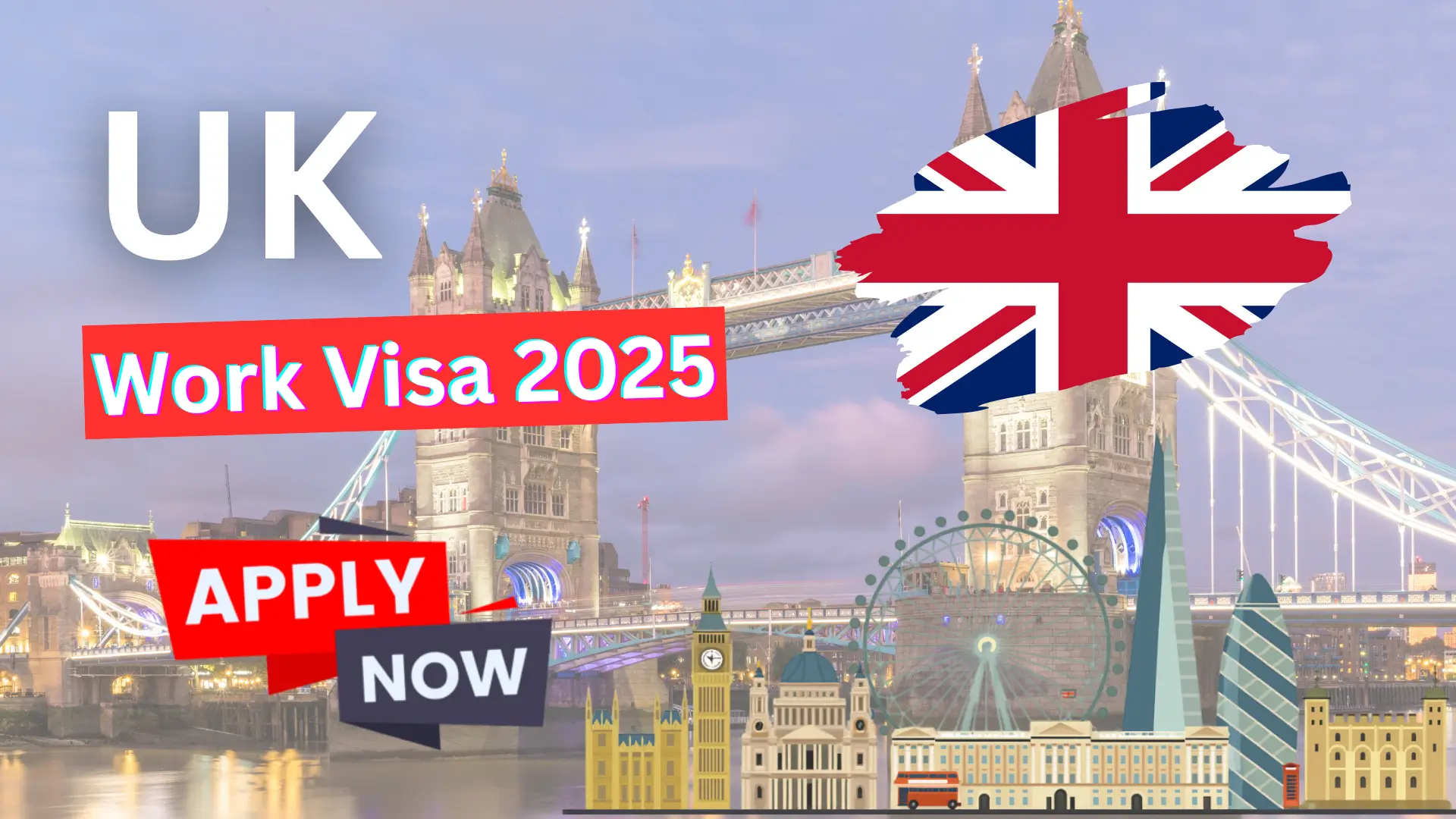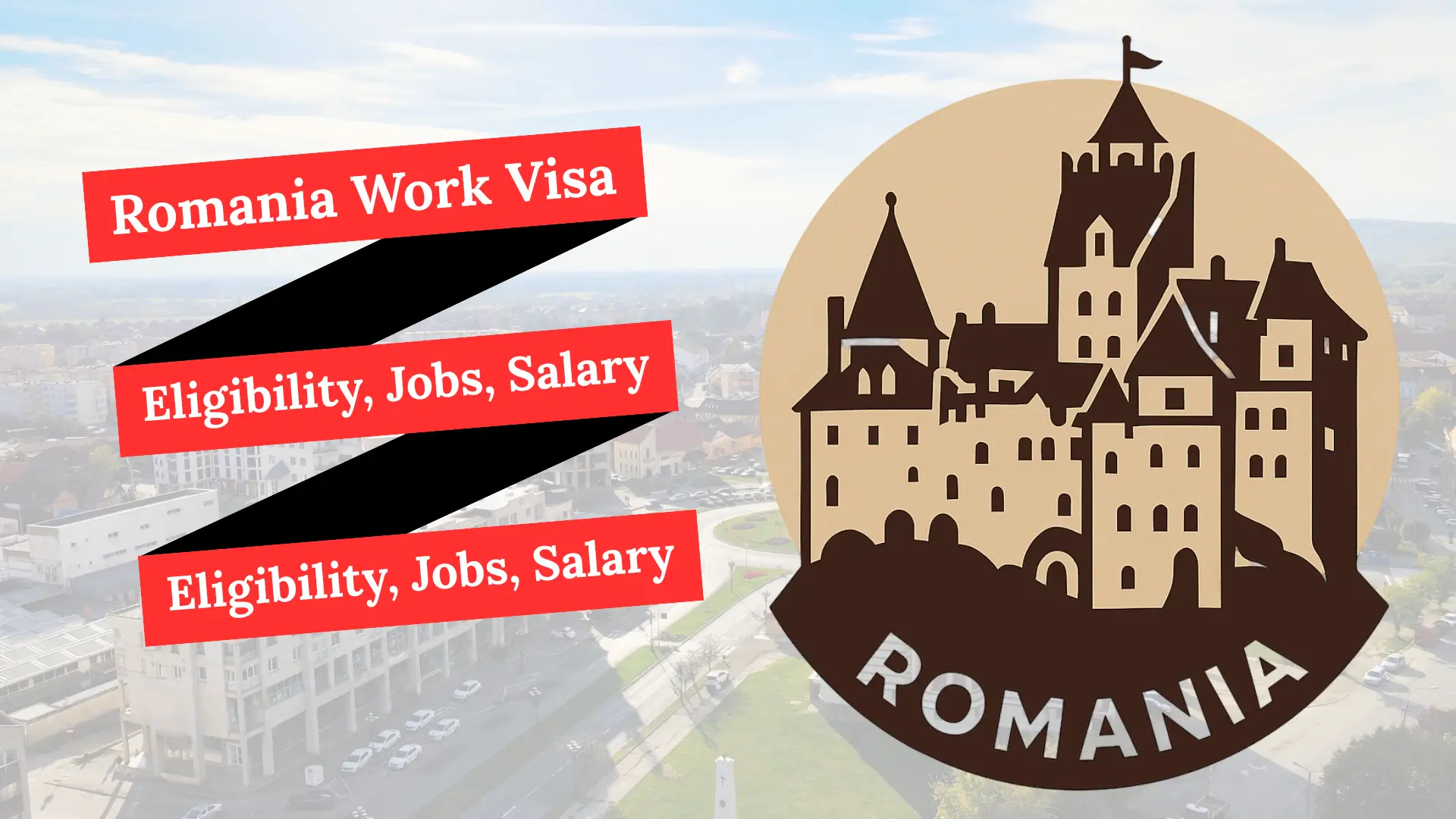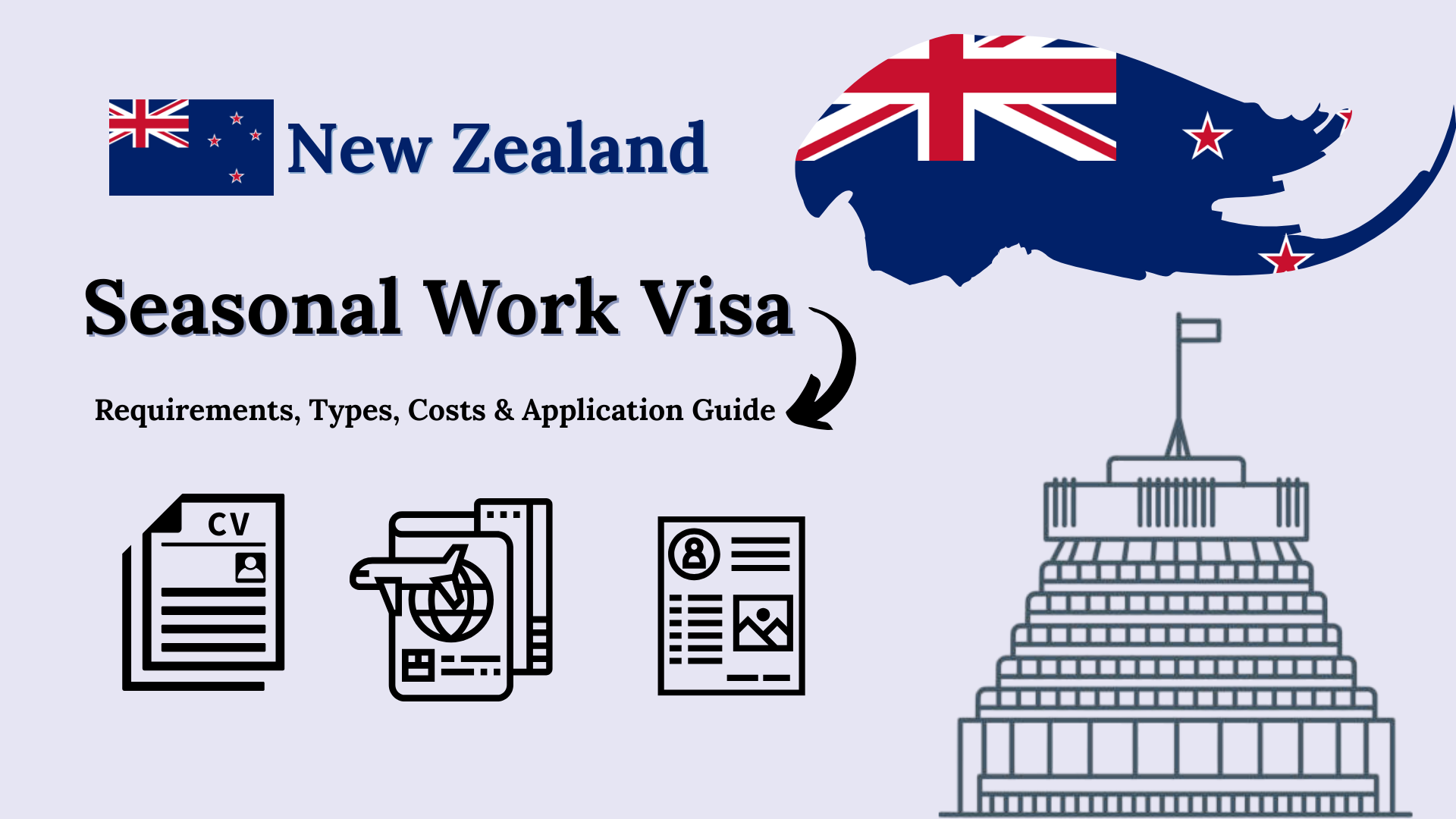UAE Emerges as Best Option for Foreign Workers as US Tightens Visa Rules. The recent decision by the United States to sharply increase H-1B visa sponsorship fees has made the UAE a highly attractive option for skilled foreign workers. Experts in recruitment and education predict that many professionals and companies may now redirect their focus toward the Gulf, particularly the United Arab Emirates.
H-1B Visa Fee Hike: What It Means
The US government has raised the annual sponsorship fee for each H-1B worker to $100,000, more than double the previous amount. This change is expected to have a major impact on global employment patterns. For many skilled professionals, the rising cost of working in the US could encourage them to explore other countries, with the UAE emerging as a strong alternative.
Why UAE Is Becoming a Top Choice
Industry leaders point out several factors that make the UAE appealing:
- World-Class Infrastructure: Cities like Dubai and Abu Dhabi have modern facilities suitable for global businesses.
- Zero Income Tax: Professionals can enjoy higher disposable income compared to the US.
- Rapid AI Investments: The UAE is heavily investing in artificial intelligence, creating opportunities in tech sectors.
- High Quality of Life: Safety, healthcare, and lifestyle benefits make the region attractive for expatriates.
Major US technology firms, including Meta, Google, and Microsoft, already operate in the UAE. The new US visa rules could accelerate their expansion in the Gulf. For example, Microsoft recently invested $1.5 billion in Abu Dhabi-based AI firm G42, and Nvidia has received US approval to sell chips to UAE companies, signaling growing confidence in the region.
Dubai Seen as Leading Destination
Among Gulf nations, Dubai is emerging as the most attractive destination for both professionals and companies. The city offers scalable infrastructure, global connectivity, and a large expatriate population, particularly from South Asia.
An industry executive explained, “Dubai provides proximity to home for Asian talent while keeping US companies close to their European data centers.” This strategic advantage makes Dubai a competitive hub compared to Singapore and other global cities.
Short-Term Strain, Long-Term Shifts
In the short term, US companies—especially IT services firms that heavily rely on H-1B visas—may face challenges. The increased fees could disrupt talent pipelines, forcing companies to consider alternative staffing models.
Experts warn that the long-term effects could be even more significant. America risks losing the innovators and skilled professionals who previously relied on H-1B visas to advance their careers. This could weaken the US position as a global technology leader over time.
Universities Responding to Talent Shift
UAE universities are already adapting to the changing landscape. Higher education institutions are integrating advanced subjects such as:
- Artificial Intelligence (AI)
- Cybersecurity
- Data Analytics
- Cross-Cultural Communication
These programs aim to equip graduates with the skills required by multinational companies that are moving to or expanding in the Gulf region.
Economic and Market Implications
Each year, roughly 85,000 professionals, including IT experts and financial analysts, enter the US on H-1B visas. With the new rules, many may choose the Gulf instead, bringing their spending power with them. This shift is expected to boost local economies in the UAE and Saudi Arabia.
Salaries may differ from US levels, but the absence of income tax and lower living costs could make compensation competitive for many workers. For example, a senior executive may earn less than in the US, yet enjoy higher savings and better work-life balance in Dubai or Abu Dhabi.
America’s Strategic Challenge
The H-1B fee increase raises important questions about the US’s ability to maintain leadership in global technology. While curbing misuse of the visa system is necessary, restricting access for genuine talent may undermine America’s competitiveness.
Conversely, the Gulf has a unique opportunity to strengthen its position as a global tech hub. By attracting skilled workers and multinational companies, the UAE is poised to reshape international investment and talent flows in the coming years.
Conclusion
The US H-1B visa fee hike has opened the door for the UAE to emerge as a preferred destination for foreign workers. With modern infrastructure, tax benefits, rapid AI investment, and a high standard of living, the UAE is attracting both skilled professionals and global corporations. As more companies and workers consider relocating, Dubai and Abu Dhabi are likely to solidify their positions as leading global technology and business hubs.

